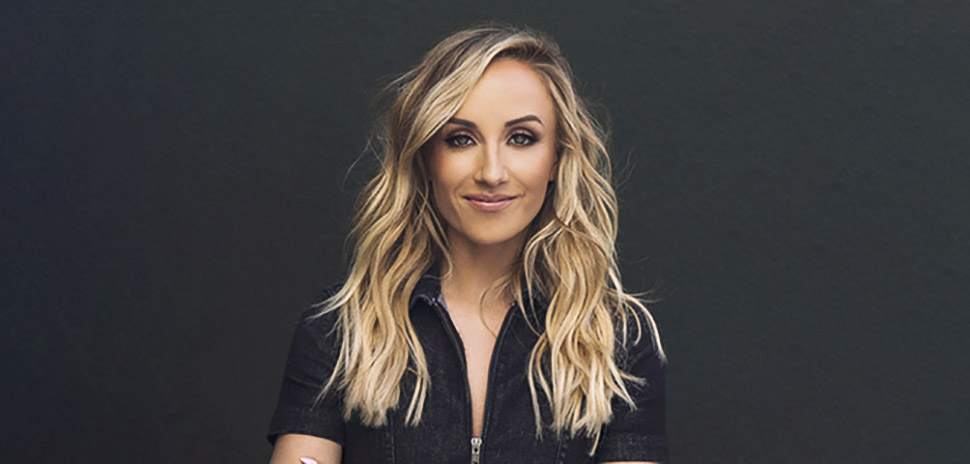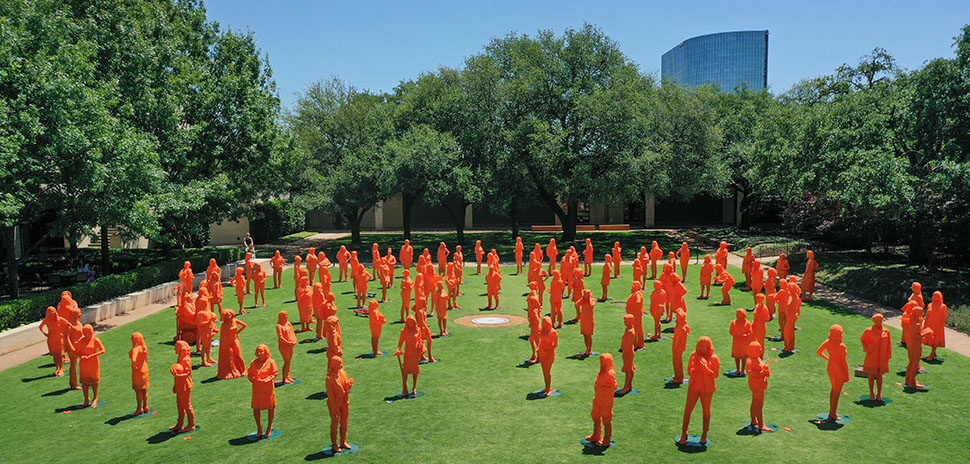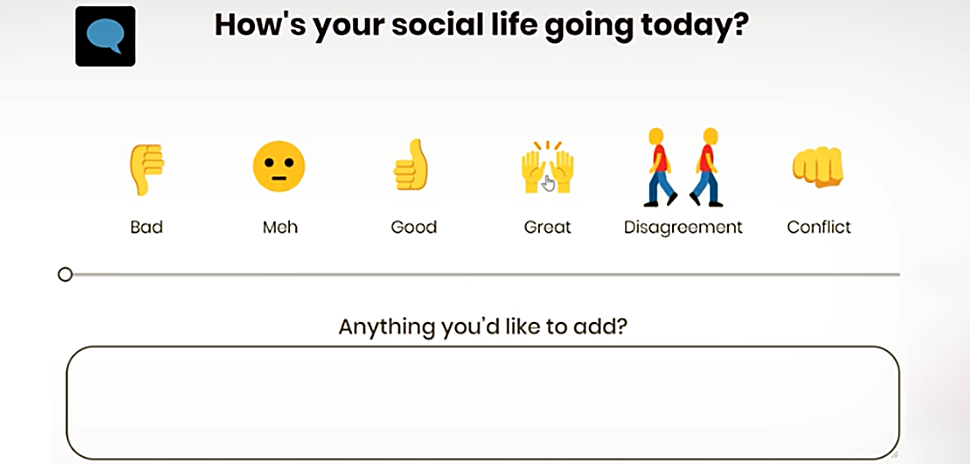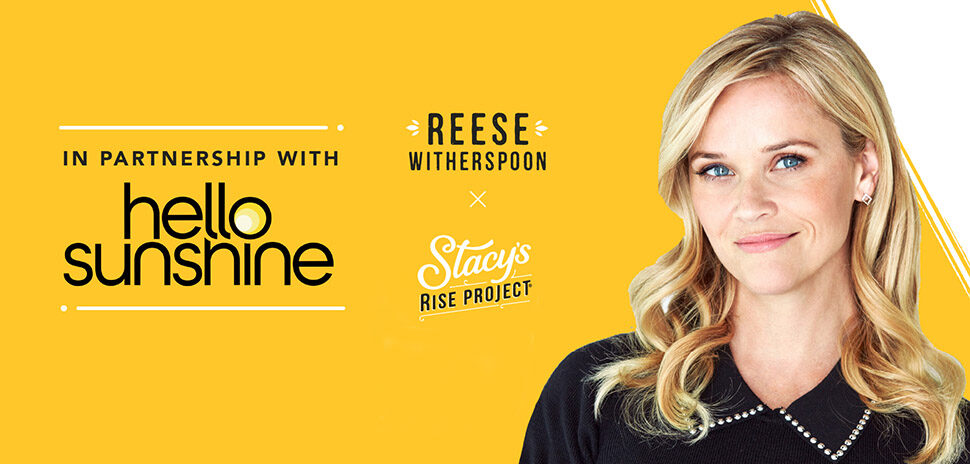When most people hear the name Nastia Liukin, they automatically think of one thing: gymnastics.
The elite gymnast became a household name back in 2008 at the Olympic Games in Beijing when she took home the gold medal for the All-Around event. Overall, she has five Olympic medals and nine World Championships medals, seven of them individual, in her trophy case.
And all of that was before retiring from the sport at the ripe age of 22.
Liukin, however, didn’t stop with gymnastics there. She became a gymnastics analyst on NBC, created and designed leotard collections, and founded an Olympic qualifying event called The Nastia Liukin Cup. This Olympic year, she plans to be in Tokyo with NBC to commentate on the women’s gymnastics events.
What most people don’t know though, is that she’s also an entrepreneur in the technology space.
Liukin helped start a platform dedicated to empowering future female athletes. The app is intended to be a space filled with multifaceted resources and connections to mentors, sports psychologists, nutritionists, college recruiters, and Liukin’s own Olympic peers.
It was previously called Grander, but is going through “a little bit of a rebrand,” she says, and will now be named The Muse Collective.
“After I retired, I kind of just realized that my greatest passion was really trying to help inspire, educate, and connect with the next generation,” she says. “And for me, I was so lucky to have so many incredible mentors throughout my entire career. A lot of them within the gymnastic space and the massive community.”
She also launched an influencer business to directly connect to a loyal fan base cultivated from years in professional gymnastics. It has led to collaborations with Nike, Sephora, Bloomingdale’s, Nordstrom, Netflix, Visa, Volition Beauty, and more.
Oh, and she recently moved back to Dallas, where she spent much of her childhood, to do it all.
Both of Liukin’s parents were gymnasts from Russia, but she moved to the Dallas area around the age of three. Despite both being World Olympic Champions, Liukin says their dream was to open their own gymnastics school. They were able to do so in Plano and Frisco—a feat that Liukin says, looking back, was probably a lot harder than it looked.
“Living through that with them helped me. As I got older, the more I realized how hard it actually is what they did. And the more it inspired me,” she says. “It kind of made me realize that if they were able to do this then I can do whatever it is that my goals are. Obviously that first goal being competing at the Olympics and winning an Olympic Gold Medal.”
Liukin was only 18 years old when she achieved her first dream, a surreal, life-long aspiration that she says was the only thing she ever really wanted to do. But then she had the rest of her life ahead of her, coupled with the fact that she felt her identity was being taken away.
She retired from gymnastics and left Dallas to attend NYU, not really knowing what was ahead.
“I had to completely start from scratch,” she says. “Whether it’s retiring from a sport, graduating from college and getting a first job, or starting a first company—it is so scary. Being an athlete kind of helped that transition for me. Yes, I was nervous at the Olympics. Yes, there was some fear. Yes, there was uncertainty. But all those things I had already experienced at this level on such a huge scale. Then came this transition. It was like the unknown.”
Liukin (virtually) sat down with fellow Dallasites Christiana Yebra, the CEO of Vouch, and Alanna Sarabia, the co-host of Good Morning Texas, during a Dallas Startup Week event to discuss her journey to entrepreneurship. Here’s a snippet of the conversation below.
This Q+A has been edited for brevity and clarity.
Sarabia: You had your dad there throughout your entire gymnastics career, but I know when it comes to being an entrepreneur and starting something yourself, you had to find your passion outside of gymnastics. You had to do that all on your own. Tell me about some early mistakes or some lessons you learned early on that you wish you would have known day one.
Liukin: The transition from being an athlete to an entrepreneur, you learn so many things in sports that help you. First of all, I’m a perfectionist as I think a lot of people, and especially most athletes, are.
If you go into a competition, our scores are very subjective. It’s not always all about the results, obviously, but if you have a mistake, like you fell off the beam, that’s in your own hands. So you go back to training and you just try to train harder on that skill or that event.
You put your destiny and your success back in your own hands.
With being an entrepreneur, so much is out of your control. Much is—naming the company, finding a mission, choosing employees—but say, for instance, you’re going to raise a round of funding. You could go to ten VCs and everyone could say no.
At the beginning of my transition, I would go into meetings and they would love what I was doing, but it was not the right fit. I would get frustrated with myself.
But once I was able to kind of let that go a little bit, and really stayed firm on what my mission, my passion, and my goals were, that’s when things started moving quicker.
Whether you’re starting your own business, you’re part of a startup, or you’re raising a round of funding, you have to have the blood, sweat, and tears just like I did training for the Olympics. That’s how you have to feel every single day.
Sarabia: Would you say your definition of success has changed?
Liukin: I think the first moment that I had realized the change and what success meant was four years after I won the Olympic Gold Medal. I actually tried to make my second Olympic team.
I went in as the reigning Olympic All Around Champion. There were a lot more eyes on me, a lot more expectations, and a lot more pressure. On my very best event, the uneven bars, I fell off the bar. I landed flat on my face.
And I remember laying there on the mat, literally flat, thinking: First of all, what am I doing on the floor, I’m supposed to be on the bar finishing my routine, and then just immediately and very quickly being embarrassed and mortified.
I just wanted to disappear because I knew—or I thought I knew—that I had just let so many people down. My coaches, my family, my teammates, the entire country.
But something that my parents always taught me was that no matter what happens, you always have to finish what you started. So knowing that I wasn’t going to make that Olympic team, I got back up, finished my bar routine, and landed on my feet for my dismount. For the very first time in my entire life and career, I had a standing ovation. It was for the worst routine of my entire life.
In that moment I finally realized people are still going to love and support you, even if you fall on your face. If you have a goal and you work hard, anything truly is possible.
![]()
Get on the list.
Dallas Innovates, every day.
Sign up to keep your eye on what’s new and next in Dallas-Fort Worth, every day.


































































